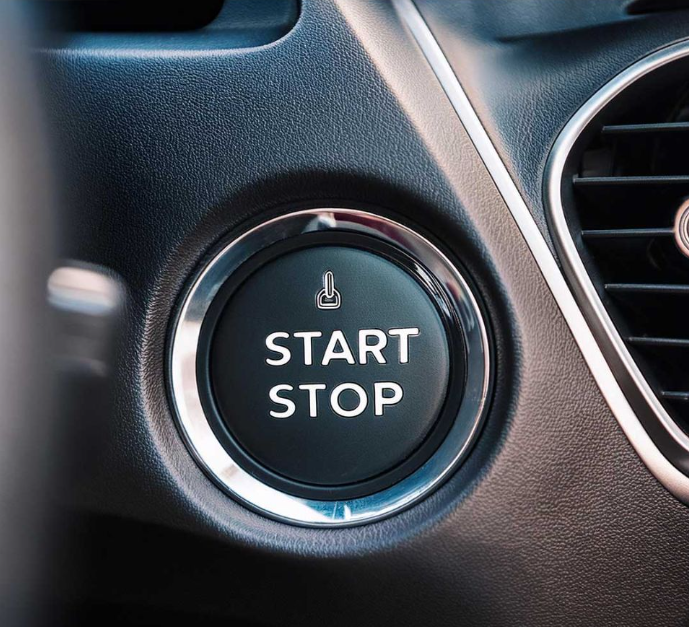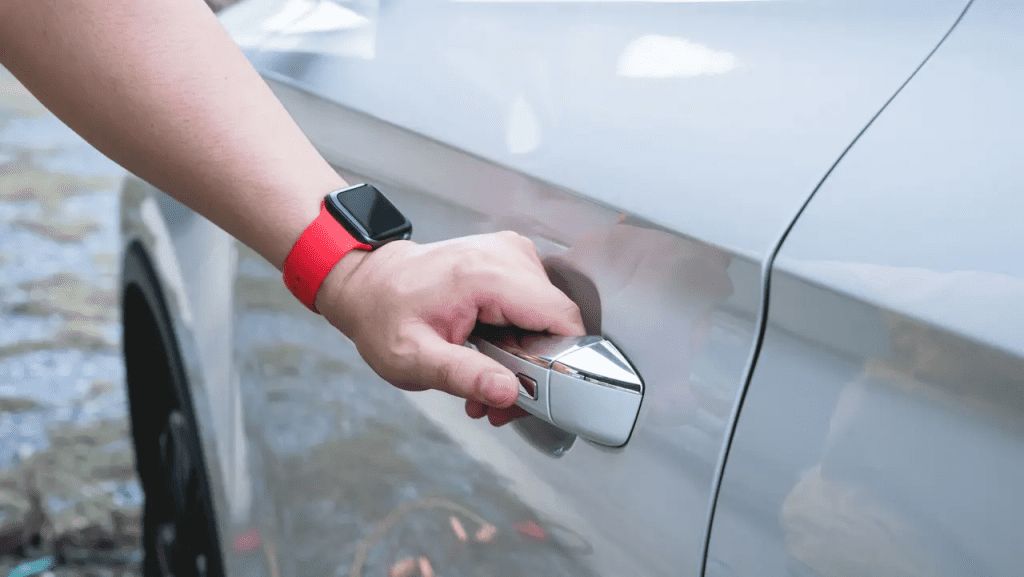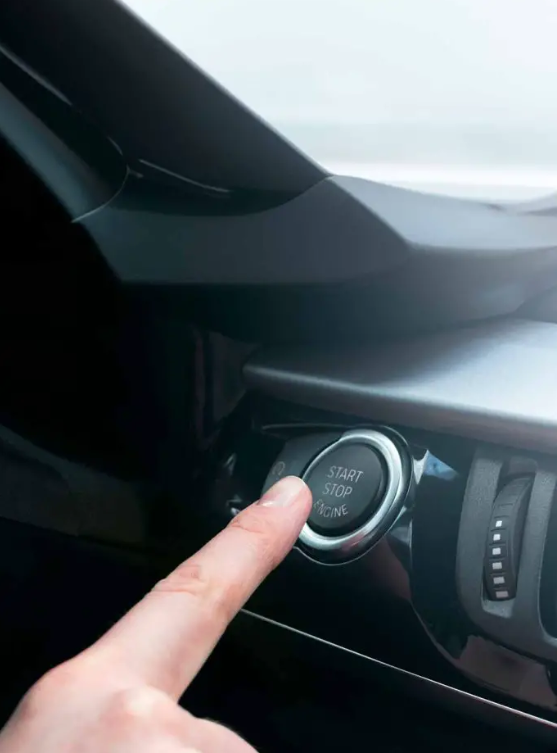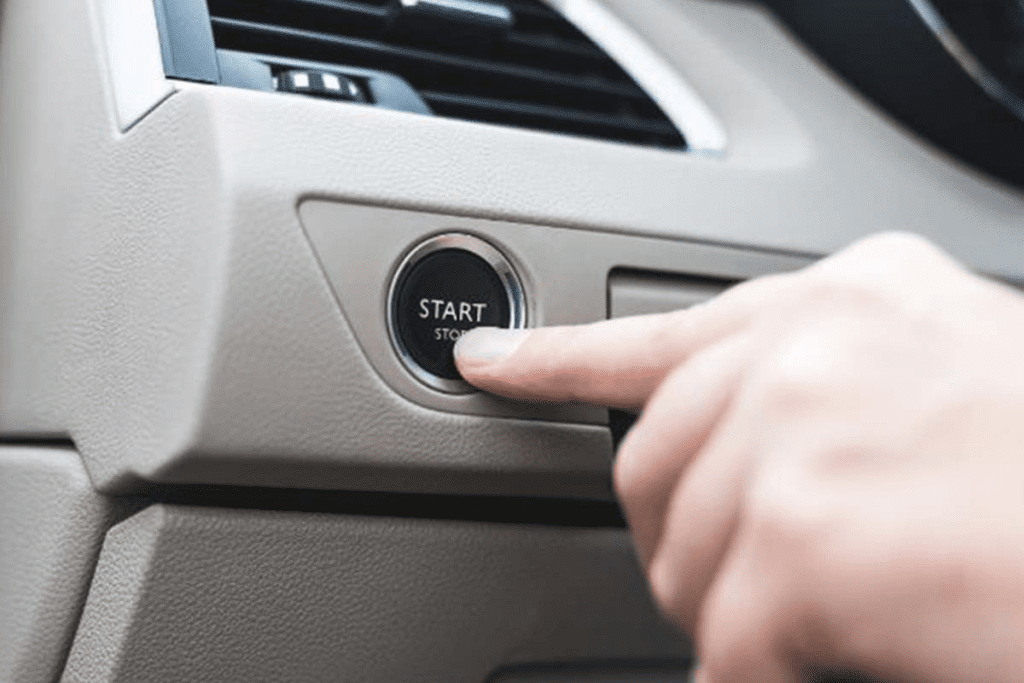The era of fumbling for car keys is quickly fading, thanks to the rise of keyless car systems. These advanced technologies allow drivers to unlock and start their vehicles with minimal effort, offering unparalleled convenience. However, there’s more to keyless cars than meets the eye. From their benefits to their vulnerabilities, here are 10 essential things every driver should know about keyless cars.
Understanding How Keyless Entry Works

Keyless entry systems rely on sophisticated technology. These systems use Radio Frequency Identification (RFID) and wireless communication between your car and the key fob. When the fob is within range, it transmits a coded signal to the car, enabling you to unlock doors and start the engine effortlessly.
But here’s the catch: while the tech is convenient, it’s essential to understand how it functions. For instance, the range of the fob varies, and interference from other electronic devices can occasionally disrupt the signal. Knowing these nuances can save you from frustrating moments when the system doesn’t work as expected.
The Convenience Factor: Why Drivers Love Keyless Cars
One of the most obvious perks of keyless systems is convenience. Imagine carrying groceries, an umbrella, and a bag all at once. With keyless entry, you can open your car without digging through your belongings.
But the benefits don’t stop there. Keyless systems often include added features like push-to-start ignitions and automatic locking, which elevate the driving experience. These systems are especially handy in bad weather or during hectic mornings when every second counts.
Common Misconceptions About Keyless Cars
Despite their popularity, keyless cars are surrounded by myths. Have you ever heard someone say, “If the fob’s battery dies, your car will shut off while driving”? That’s not true. Once your engine is running, the car relies on internal systems, not the fob.
Another misconception is that keyless cars are more prone to theft. While relay attacks (more on those later) are a concern, modern encryption technologies significantly reduce the risk of unauthorized access.

The Hidden Risks: Are Keyless Cars Vulnerable to Theft?
While keyless systems are designed with security in mind, they aren’t entirely foolproof. Relay attacks, where thieves amplify the signal from a key fob to unlock a car remotely, have become a growing concern.
To combat this, many manufacturers now incorporate features like motion-sensing fobs that deactivate when stationary. Additionally, simple tools like Faraday pouches—which block signals—can provide extra protection. Parking in well-lit, secure areas also reduces the risk of theft.
The Impact on Car Insurance and Theft Statistics
Keyless cars have altered the way insurers assess vehicle risk. On the one hand, these systems often qualify vehicles for lower insurance premiums, thanks to their advanced security features.
However, the rise of relay attacks has led to an increase in theft claims, prompting insurers to reevaluate their risk models. Drivers can lower their premiums further by investing in additional anti-theft measures like steering locks or GPS tracking systems.

What Happens When the Fob Battery Dies?
Dead batteries are a common concern among keyless car owners. If your fob battery runs out, you might think you’re stuck, but most cars have built-in solutions.
Many keyless vehicles include backup mechanical keys or emergency start functions, allowing you to access and start your car without a functional fob. To avoid these situations altogether, replace your fob batteries every 1–2 years and keep a spare battery handy.
Technological Innovations in Keyless Car Systems
The evolution of keyless systems continues to amaze. Today, advanced features like biometric authentication—think fingerprint or facial recognition—are making waves.
Some cars even allow drivers to use their smartphones as virtual keys, enabling access and control through mobile apps. These integrations not only enhance convenience but also push security to new heights, making traditional key theft nearly impossible.
Safeguarding Against Keyless Car Hacking
The thought of your car being hacked might sound like science fiction, but it’s a real concern. Relay attacks and signal cloning are the most common threats.
To safeguard your vehicle:
- Store your key fob in a Faraday pouch or a metal box to block signals.
- Regularly update your car’s software to patch any vulnerabilities.
- Use supplementary security measures like steering wheel locks or immobilizers for added peace of mind.
These simple steps can make all the difference in keeping your car safe.

What’s Next? Future Trends in Keyless Cars
Keyless car technology shows no signs of slowing down. Artificial Intelligence (AI) is set to revolutionize the driving experience with features like predictive maintenance and personalized settings tailored to each driver’s preferences.
Blockchain technology is another game-changer, offering tamper-proof systems for managing keyless access securely. The future of keyless cars promises a seamless blend of convenience, safety, and innovation.
Conclusion: Weighing the Pros and Cons of Keyless Cars
Keyless car systems are a testament to how far automotive technology has come. They offer unmatched convenience, enhanced security, and exciting innovations that redefine the driving experience. However, they aren’t without challenges, including potential security vulnerabilities and the need for regular maintenance.
By staying informed and adopting preventive measures, you can enjoy the benefits of keyless technology without the risks. Whether it’s investing in a signal-blocking pouch or staying ahead of software updates, these small steps ensure your car—and your peace of mind—stay protected.
Keyless cars may feel like a glimpse into the future, but with the right know-how, they’re a reliable and secure choice for today’s drivers.


